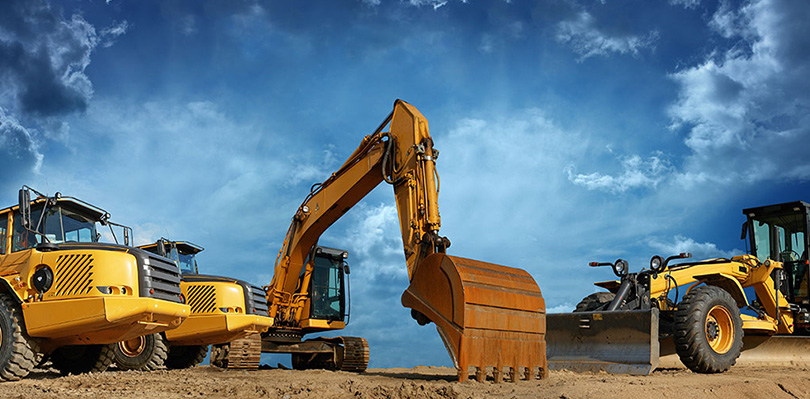
Guide to Business Equipment Appraisal with Sterling Commercial Credit
When seeking a commercial loan, offering collateral is often a requirement, ensuring favorable interest rates and repayment terms. Business equipment, if used as collateral, demands an accurate appraisal to avoid disagreements between business owners and lenders regarding its value. Sterling Commercial Credit recommends professional evaluations for assets like inventory, real estate, or business equipment, even if not explicitly requested.
Choosing a Qualified Evaluator
The Federal Farm Credit Administration emphasizes the importance of an impartial, reputable, and professionally competent appraiser. Look for individuals with extensive experience evaluating the specific type of collateral you're offering. The American Society of Appraisers (ASA) provides a database of over 3,500 appraisers, ensuring you find the right professional for your business asset.
Guidelines and Recordkeeping
For personal real estate collateral valued between $250,000 and one million dollars, use a state licensed or certified real estate appraiser. Keep detailed records of the asset, including purchase details, payment status, maintenance records, and current value. Businesses offering equipment as collateral can enhance its value by showcasing regular maintenance and timely repairs.
Choosing an Accredited Appraiser
Take the time to choose an accredited appraiser to ensure a reliable valuation. The American Society of Appraisers offers an accreditation program distinguishing quality appraisers. Certified appraisers undergo a rigorous process, demonstrating commitment, education, and professional experience. Before hiring an appraiser, ask about their education, certification, experience in evaluating similar equipment, and compliance with the Uniform Standards of Professional Appraisal Practice (USPAP).
Interviewing Potential Appraisers
Prepare interview questions to assess the appraiser's qualifications:
- What is your level of formal education, and are you a certified appraiser?
- Describe your experience in evaluating the type of equipment offered as collateral.
- What does your continuing education entail, and how do you stay updated in your field?
Before finalizing a contract, ensure that the appraisal report complies with USPAP standards, guaranteeing its acceptance by lenders. Taking the time to choose a qualified and accredited appraiser ensures an objective and accurate valuation of your business assets.
Terminology in Equipment Appraisal
In the realm of equipment appraisal, three key valuation categories come into play: fair market value, orderly liquidation value, and forced liquidation value.
- Fair Market Value (FMV) FMV represents the price at which an asset is readily available for purchase in the open market. This valuation is utilized in legal matters, taxation, lending transactions, and insurance assessments.
- Orderly Liquidation Value (OLV) OLV provides an estimate of the amount a tangible asset could fetch if the seller were to sell it in its current state, without making any improvements. It assumes that the seller has a reasonable amount of time to locate potential buyers and maintains control over the sale process.
- Forced Liquidation Value (FLV) In contrast to OLV, FLV does not grant control to the seller. It reflects the amount an asset would bring if sold at auction immediately. This valuation aims to gauge a company's financial standing in the least favorable circumstances, assuming a swift sale of assets.
Types of Machinery Appraisal
Machinery appraisal involves assessing the value of equipment owned by a company, aiding in budgeting for maintenance, repairs, and strategic decisions regarding equipment transactions. Three appraisal methods are commonly employed: cost method, income method, and sale comparison.
- Cost Method:
- Applicable for unique or outdated items, this method evaluates quality and age
- Based on the original cost of the product, the appraisal considers residual value.
- Income Method:
- Considers the potential residual income that equipment may generate over time.
- While the machine's value decreases with age, it can still yield income upon sale, though this method is less commonly used.
- Cost Method:
- Preferred by certified appraisers, this method establishes the value of used equipment.
- It involves comparing price points for similar used equipment that has been sold, providing a comprehensive benchmark for valuation.
Contact Sterling Commercial Credit today to explore how you can leverage your equipment's value to unlock financial opportunities through asset-based loans. Our team is ready to assist you in navigating the intricacies of equipment appraisal, providing tailored solutions to meet your business's unique needs. Seize the moment to enhance your financial standing and propel your business forward with Sterling Commercial Credit.